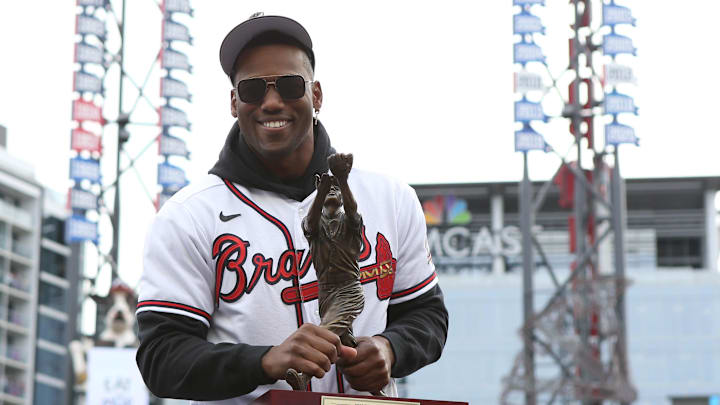The Atlanta Braves didn’t throw all of their prospects at a rental player or a league-average player with a price tag inflated by scarcity. Instead, Alex Anthopoulos chose to bring back Jorge Soler to add pop to a lineup struggling to score runs and Luke Jackson to bolster the bullpen, disappointing talking heads looking for exciting trades that are easily understood.
Learning from buying lemons
All of us have seen that bright, shiny thing we had to have even though the price was higher than its true value. Before I woke up to reality, I bought a lot of cars I had to have and spent more than they were worth before I learned that I wasn’t looking past my wants to my reality.
Anthopoulos doesn’t hesitate to make a big move when it makes sense. He also learned the hard way that acquiring a player, even if he doesn’t fit the immediate need, hoping a player’s significant injury history doesn’t pop up at the wrong time, and overpaying for mediocrity often pushes a team’s chance for success farther down the road.
No, it isn’t about the money.
I wrote a few weeks ago that I felt the club didn’t want to cross the second threshold because the farm system is thin except for Nacho Alvarez, Drake Baldwin, and pitchers the Braves see as the future rotation -Spencer Schwellenbach, A J Smith Shawver, Hurston Waldrep, and Drue Hackenberg.
At the deadline, the club had between $3.5M and $4.5M of payroll space before crossing the second competitive balance tax (CBT) threshold. Taking even a medium-sized contract, unless it’s a controllable, high-quality player, would not only increase the club’s tax bill, it would also drop their next first-round draft pick 10 slots.
I felt that any player acquired whose contract pushed the club past the second CBT threshold had to be worth that kind of loss, and I didn’t see that player on the market.
After the deadline ended, David O’Brien confirmed it.
#Braves didn’t make any last-minute trades today, for those wondering….
— David O'Brien (@DOBrienATL) July 30, 2024
López tentatively set to start Saturday, Alex A. said. Fried threw a bullpen and felt good….
Braves are below the third luxury-tax threshold and intend to stay below it.
